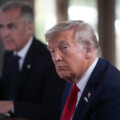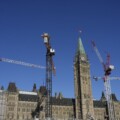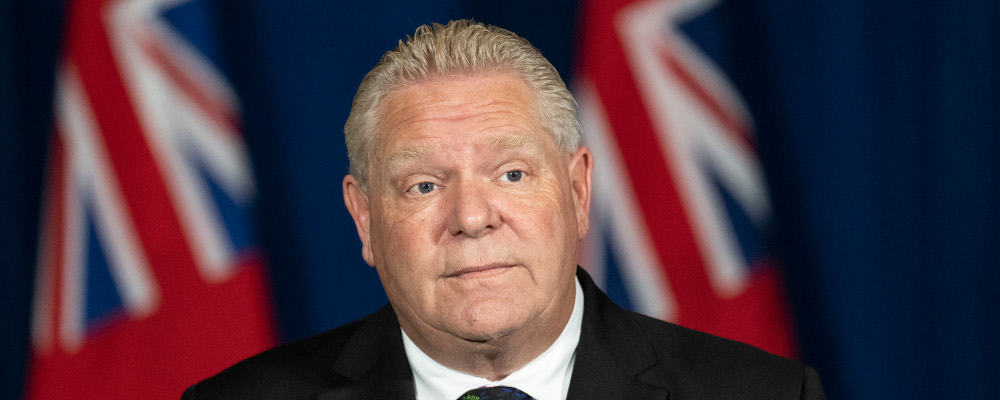Over the past decade, Ontario’s personal income tax competitiveness has degraded significantly. Doctors, engineers, entrepreneurs, and other individuals in the province’s top tax bracket have seen a significant increase in the tax rate applied to the next dollar they earn. Such high taxes reduce incentives for productive economic activity while also making it harder for the province to attract skilled workers.
So how did we get here?
It would be one thing if Ontario’s higher tax rates were the result of campaign promises voters chose to embrace. However, the opposite is true. The story of Ontario’s high tax rates is little more than a long string of broken promises.
Going all the way back to 2012, Premier Dalton McGuinty promised that, if re-elected, he would not raise taxes on Ontarians. When asked if taxes would rise, he replied with an unequivocal one-word answer—“Nope.”
However, almost immediately following his re-election win, under pressure from the NDP, Premier McGuinty broke his promise and raised taxes on Ontarians. Specifically, he introduced new surtaxes that effectively increased the top tax rate on the next dollar earned by some Ontarians by 3.12 percentage points over the course of two years.
The broken promises didn’t stop there. Premier McGuinty also promised that the new tax rates would be temporary and eliminated in 2017/18. His successor, Kathleen Wynne, failed to honour this commitment and left the higher rates in place. Now here we are, more than a decade after the government’s “temporary” income tax hike, and the increase is still taking a bite out of the paycheques of some Ontarians.
Which brings us to Premier Doug Ford. On the campaign trail in 2018, he was adamant about the need for lower taxes, stating that the government was perhaps “the worst place you can hand your money over.” In office, however, he’s sung a different tune.
Not only has Premier Ford refused to seriously address the high income tax rates left behind by his predecessors, but he’s also broken one of his campaign promises from 2018 to reduce taxes for Ontarians. As part of his promise to make Ontario “open for business”, then-candidate Ford promised to reduce Ontario’s general corporate income tax rate to help companies in the province succeed in a global market.

But today, well into his second term, this promise has also gone unfulfilled. Premier Ford’s failure to keep his word on corporate taxes is even more unfortunate given that recent research suggests corporate income taxes are among the most harmful components of the provincial tax mix in Canada in terms of their effect on economic growth.
There are important similarities and differences between the Ford government and its predecessors. One similarity is a failure to shoot straight with Ontarians about taxes. The result is the current personal and corporate income tax structure in Ontario, which features a string of broken promises and higher rates than our leaders promised.
Recommended for You

The Notebook by Theo Argitis: Carney’s One Big Beautiful Tax Cut, and fresh budget lessons from the U.K.

Christopher Snook: Is Canada sleepwalking into dystopia?

Rudyard Griffiths and Sean Speer: The fiscal hangover from the One Big Beautiful Bill hits Canada

‘A fiscal headache for Mark Carney’: The Roundtable on how Trump’s One Big Beautiful Bill could affect Canada



